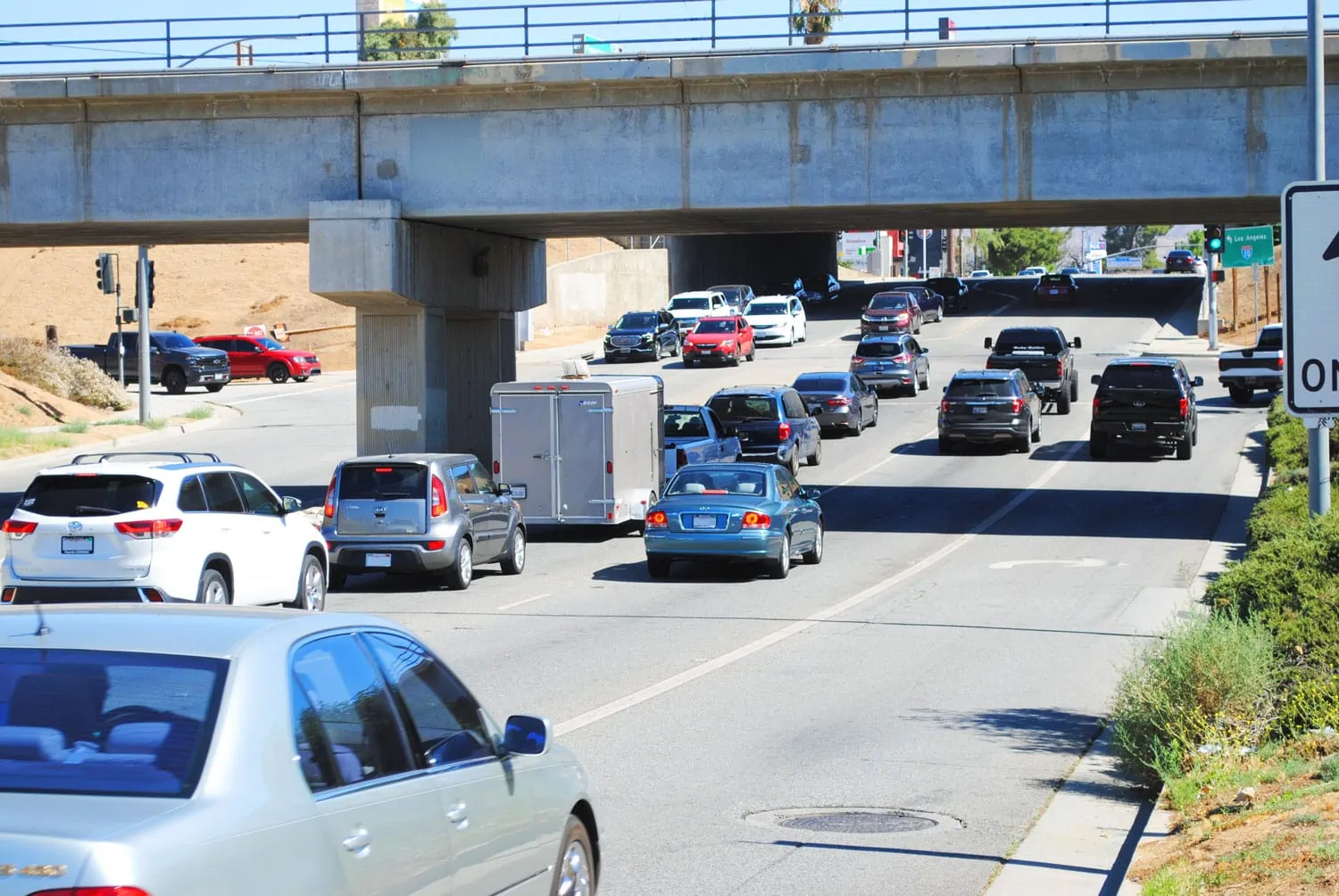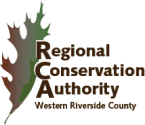The Point: Proposed project would enhance safety, traffic flow, and access for residents and motorists
Improvements may be on the horizon for the Interstate 10 Highland Springs Avenue Interchange at the border of Banning and Beaumont, thanks to RCTC’s award of a contract this month for preliminary engineering and environmental studies.
Highland Springs Avenue is the main connection to multiple housing developments, employment centers, the Sun Lakes Country Club, retail and commercial businesses, and medical centers, such as San Gorgonio Memorial Hospital. This interchange has one of the highest peak traffic volumes per hour and per month on I-10 in Riverside County.
RCTC, in partnership with Caltrans and both cities, will evaluate several design options, including hook ramp alternatives, “diverging diamond interchange” alternatives, and auxiliary lanes to make it easier for drivers to merge on and off I-10 and to improve access for emergency responders.

The diverging diamond interchange concept, which debuted in Manteca, California in 2020 and has been implemented in Colorado, New Mexico, and Washington, has drivers enter from the right side of the road, cross to the left side as they pass through the interchange, and then cross back again to the right side. The “crisscross” pattern helps drivers move steadily through the intersections and creates free left-hand turns for drivers entering and exiting I-10.
The study will look at ways to improve the interchange, on-ramps, off-ramps, and existing local roads, including the closely spaced intersections with Joshua Palmer Way north of I-10, to enhance traffic flow through this heavily congested area. The project also is intended to improve air quality with fewer idling vehicles waiting to enter and exit I-10 and to support access to public transit and a Class II bike lane.
The engineering and environmental phase of work will start this summer and could be completed by summer or fall of 2024. Design would follow, and construction may begin as early as 2026 if RCTC secures project approvals and funding.
A public scoping meeting will be scheduled for later this year to review the studies to be completed and to gather initial feedback from residents, business operators, and other stakeholders in the area.
Funding for the $2.2 million study is provided through Transportation Uniform Mitigation Fees administered by the Western Riverside Council of Governments.
